Tomorrow, March 8th marks International Working Women’s Day, a day that recognizes the contributions of women to the global struggle for economic and political equality. But where did this day come from and what does it mean for us today?
Take some time reading our post to learn about the history of el Día Internacional de la Mujer Trabajadora and the international fights that women are fighting against today. We hope that as actions and celebrations take place tomorrow, you’ll remember this history and share the women’s demands for change, across the country and globally.
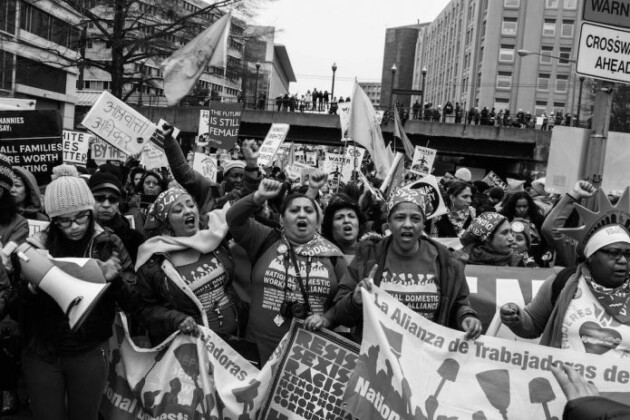
It Started With a Strike
The inspiration for International Working Women’s Day can be traced back to the 19th century.
On March 8, 1857, in New York, women who worked in the textile industry organized a strike. These garment workers fought for fairer wages and more humane working conditions. However, as they raised their voices and exposed the abuses, police officers were called in to stop their actions.
Just a few years later in 1908, women in New York City organized a march to demand better working conditions, higher pay, and the right to vote, using the 1857 strike as inspiration. This march, which occurred on March 8th, became known as the first International Women’s Day.
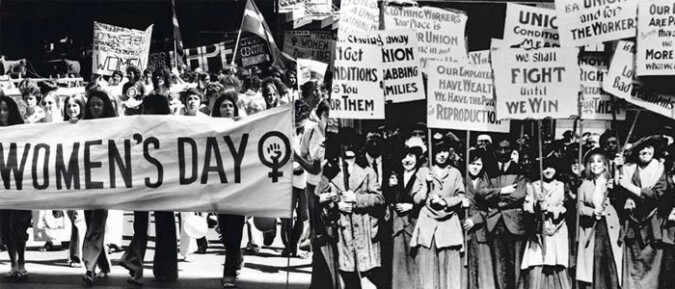
From Tragedy to Worker’s Rights
Then, a tragedy occurred on March 25, 1911: the Triangle Shirtwaist Factory fire in New York. More than 100 textile workers, mostly immigrant women (primarily from Eastern Europe and Italy) lost their lives trapped inside the burning building or when jumping out the windows trying to escape. It was found that the owners had locked the fire escape doors and exits to prevent thefts, and had failed to install sprinkler systems in order to cut costs.
Because of their negligence, a fire that lasted only half an hour took the lives of 146 of the 500 workers. This tragedy prompted policies and regulations that protected workers and grew support for the International Ladies’ Garment Workers’ Union (ILGWU), one of the largest labor unions in the 1900s.
Expanding Internationally
We know that the struggles mujeres face knows no borders. The idea of an International Working Women’s Day quickly spread around the world, and by 1911, it was being commemorated in Austria, Denmark, Germany, and Switzerland. Following the fire, women continued to use March 8th as a day to demand better working conditions and the right to vote. In 1917, women in Russia organized a strike on International Women’s Day, ultimately leading to the Tsarist regime’s overthrow.
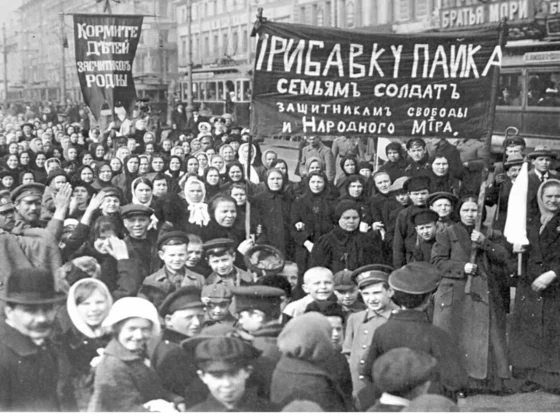
In Latin American countries, International Working Women’s Day holds deep roots in the struggles of working-class women. The origins of March 8th can be traced back to the early 20th century when women in Argentina and Uruguay also began organizing to demand better working conditions and the right to vote.
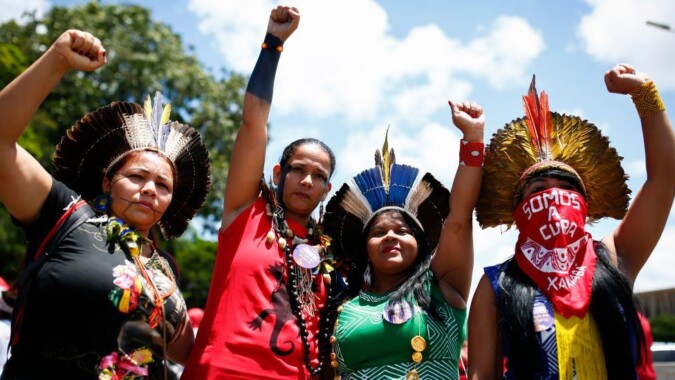
To Present-Day Struggles
Today, Latin American women continue to be at the forefront of the fight for gender equality, an end to femicides, the inclusion of trans women and their protections (because trans women are women, full stop) – and so much more. Women are organizing and demanding change from the women’s movements in Argentina, Chile, Puerto Rico, and Mexico to the indigenous women’s movements in Bolivia and Guatemala. In much of Latin America, March 8th is less of a ‘celebration’ and more of a call to action against injustices, that manifests in street protests, strikes, and memorials to women and activists killed by femicide or political retaliation.
These days, there are also ongoing conversations and movements that address the invisibilized labor that women engage in and connect it with the celebration of March 8th. From cooking, cleaning, caregiving, scheduling, parenting, and elder care y más – we believe that el Día Internacional de la Mujer Trabajadora includes all the labor that women engage with. Expanding our definitions of who a trabajadora is critical to the fight.
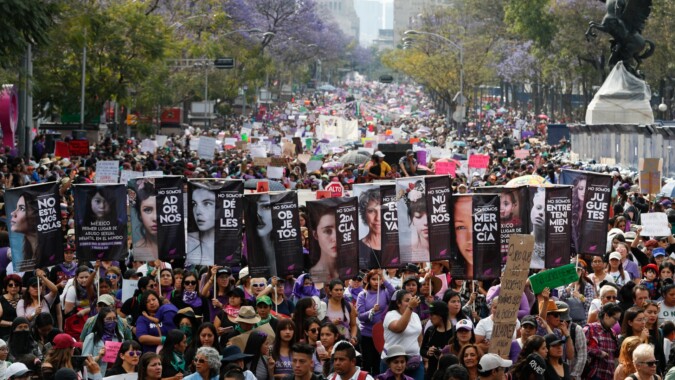
On this International Working Women’s Day, we hope you’ll make space to recognize the contributions of Latina and Indigenous women in the Global South who are active in the global struggle for social, economic, and political equality. If there’s anything to celebrate, it is their resistance, strength, and unwavering commitment to achieving el Buenvivir — where every person has the right to self-determination and live in a dignified relationship to themselves, their neighbors, and the natural world around them.
Want to learn more about Mijente and our thoughts on how we get to el Buenvivir? Check out our post: Building Power Sin, Contra Y Desde El Estado